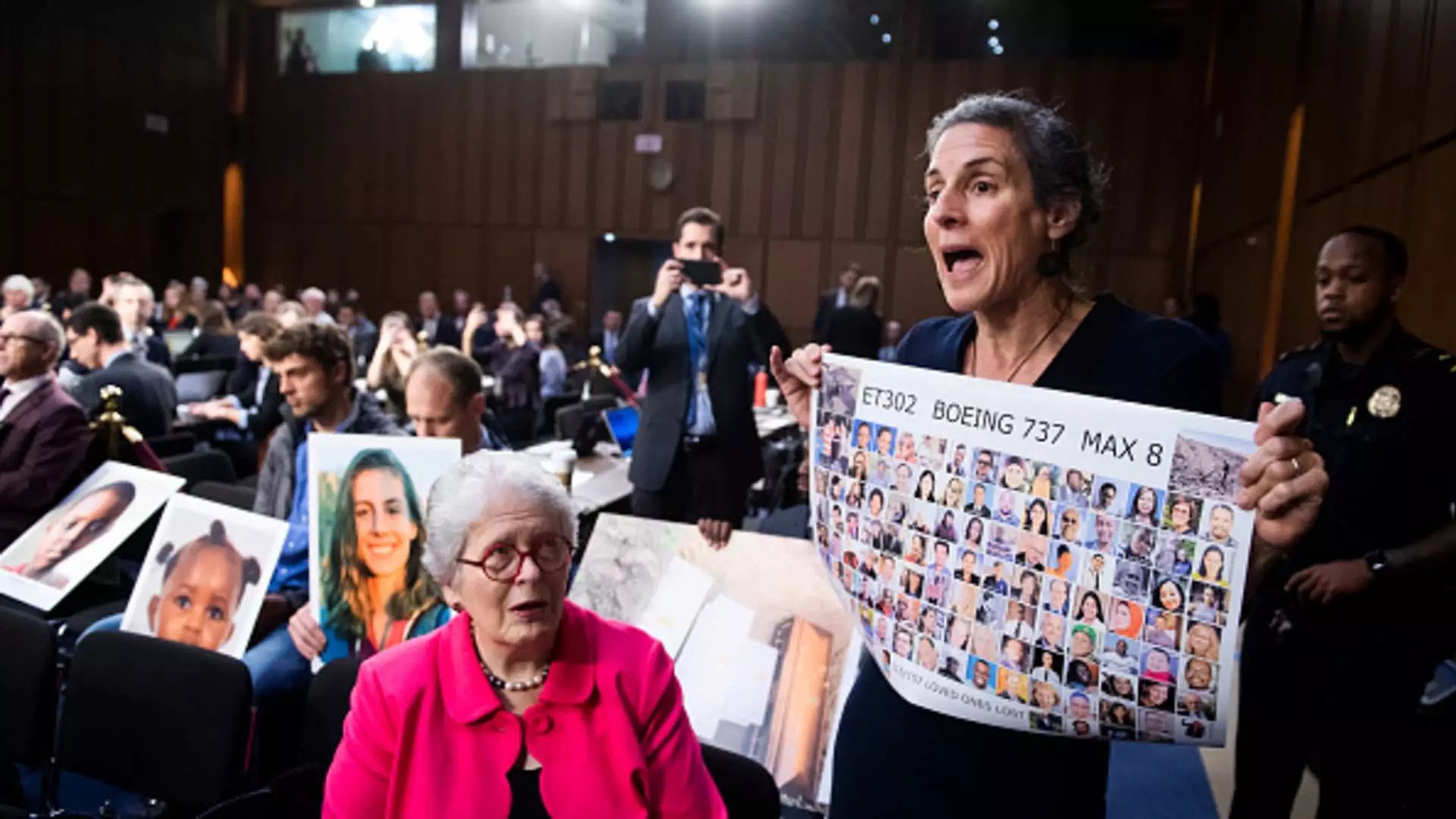In a landmark decision, U.S. District Judge Reed O’Connor has dismissed Boeing’s plea agreement concerning allegations of criminal fraud linked to the catastrophic crashes of its 737 Max aircraft. This ruling underscores the complexities surrounding corporate accountability, especially when it intersects with issues of diversity and equity in the judicial process. The implications of this decision extend beyond Boeing, raising fundamental questions about the integrity of corporate governance and the role of regulatory oversight in ensuring safety in aviation.
The rejected plea deal arose from Boeing’s admission of guilt in conspiring to mislead the government regarding its flight-control system. Tragically, the consequences of these omissions were felt when two accidents claimed the lives of 346 individuals in 2018 and 2019. Judge O’Connor articulated significant concerns, particularly regarding the appointment of a government monitor — a pivotal element of the plea arrangement. He pointedly criticized potential influences of diversity, equity, and inclusion (DEI) policies on the selection process, arguing that the integrity and competency of the appointed monitor should take precedence over race-based considerations. This perspective highlights a growing tension between affirming equitable practices and ensuring that oversight mechanisms remain uncompromised in their effectiveness.
Critics have viewed the original plea agreement as a “sweetheart deal” that minimizes accountability for Boeing. Family members of the victims voiced unease over the imposition of a government monitor, questioning whether such measures would genuinely lead to meaningful oversight. Their concerns gained momentum as they sought greater involvement in the selection process, reflecting a broader demand for transparency and justice. Erin Applebaum, representing victims’ families, underscored the need for the Department of Justice (DOJ) to revise the agreement to convey a sense of justice that aligns with the gravity of Boeing’s actions.
The characteristics of corporate crime often complicate the pursuit of justice. Companies like Boeing wield significant influence, and when they are perceived to receive leniency, it sends a mixed message about the commitment to corporate accountability. In the face of such critical situations, the judiciary’s stance becomes crucial in reassuring the public that justice is served with due diligence.
Judge O’Connor’s ruling, which necessitates further negotiation between Boeing and the DOJ, is indicative of a potential shift towards more stringent oversight of corporate malfeasance. His ruling challenges not only Boeing’s previous attempts to negotiate its penalties but also raises questions about the broader institutional frameworks that govern corporate behavior. If regulators fail to impose appropriate consequences on massive corporations, it increases the risk of future transgressions. The judge’s insistence on a monitor chosen based exclusively on competence rather than DEI policies highlights a critical philosophical debate about the roles of justice and fairness in corporate governance.
The $487.2 million fine highlighted in the plea agreement serves as a reminder of the significant financial stakes involved. However, the conditional credit based on previous payments raises concerns about the effectiveness of financial penalties as a deterrent for corporate misconduct. While financial consequences are essential, they must be complemented by structural changes within firms like Boeing to prevent recurrence of such ethical lapses.
The rejection of Boeing’s plea deal by Judge O’Connor does more than delay the resolution of this corporate scandal; it serves as a pivotal point in the ongoing discourse surrounding corporate accountability and justice. As the case unfolds, it is imperative that all stakeholders — from regulatory agencies to aviation safety advocates — remain vigilant in demanding accountability from corporations. This situation fundamentally reaffirms the necessity of a balance between implementing equitable practices and ensuring that justice, especially in areas affecting public safety, is not compromised by political or social agendas. The path ahead is fraught with challenges, but it also presents an opportunity for reinforcing the ethical foundations of corporate governance and regulatory oversight.

